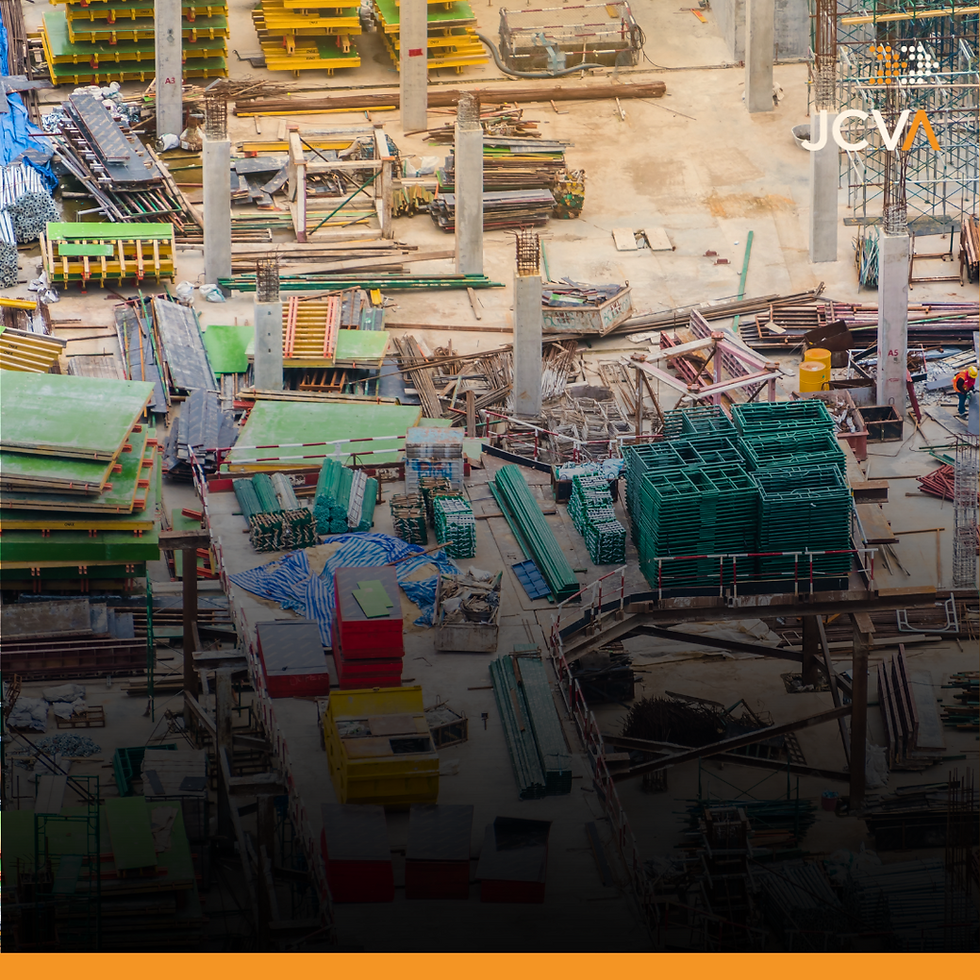
The digitalization of construction has brought forth a wave of innovation and revolutionized how projects are planned, executed, and managed. The Philippine construction industry, renowned for its resilience and ingenuity, is no exception to this digital shift.
Digital Transformation
According to an industry report by Procore Technologies, Inc. in February 2022, a survey conducted in several countries of the Asia Pacific concluded that 98% of the 259 construction consultancy firms in the Philippines had expressed optimism about the construction sector’s conditions for the next 12 months. 26% of the same respondents said that their businesses already use construction technology, and 56% look positively into a digital upgrade.
Moreover, it is also indicated in this report that 65% of the respondents from the Philippines have increased their digital investments in the past 24 months of the same year.
Following the rapid growth of technology demand in the country, construction project management companies in the Philippines continue to invest in various innovative projects, like Two Thirty Three Holdings’ 600-cellular tower construction project in August 2022, worth approximately 70 million USD. With an increase in interest in projects involving construction technology, the local construction sector is set to experience immense growth in the domestic market and regional economy and a stronger digital transformation agenda at a national level.
Challenges
Despite this enthusiasm in the local construction industry, there are still a lot of challenges to overcome when it comes to getting a technological upgrade, especially in a developing country like the Philippines. The same report by Procore Technologies, Inc. shows that 44% of the respondents express concerns with data security, and 43% are concerned with other issues like inadequate software solutions, the high cost of digital transfers, and a lack of support from technological providers.
During a press briefing, Bruce Wells, Procore's Vice President of Asia, attributed these digital transition difficulties to the fact that technologies are often developed by tech experts who lack direct involvement in the construction field. He added that while it’s hard for smaller companies to keep up with the bigger companies’ technological advancements, there are a lot of opportunities around.
“In general, I think there is a great opportunity for agencies, governments to do more in educating the industries that they’re serving in terms of what best practices look like and help the folks along the way,” he said.
The Digital Makeover of Construction
The digitalization of the Philippine construction industry has ignited a technological revolution that promises boundless possibilities. With an impressive number of construction consultancy firms already embracing the digital upgrade and making substantial investments in construction technology, the industry is poised for a remarkable metamorphosis. However, amidst the excitement, challenges lurk in the shadows. Still, the construction industry in the Philippines can still look forward to getting a technological upgrade through the support of the government and local agencies.
The stage is set, and the spotlight is on. A digital revolution awaits, get ready to reshape the industry and unlock a future of unlimited potential. Email us at info@jcvassociates.ph or visit www.jcvassociates.ph/whyjcva to learn more about JCVA’s innovative construction project development services.
Sources:

Comments